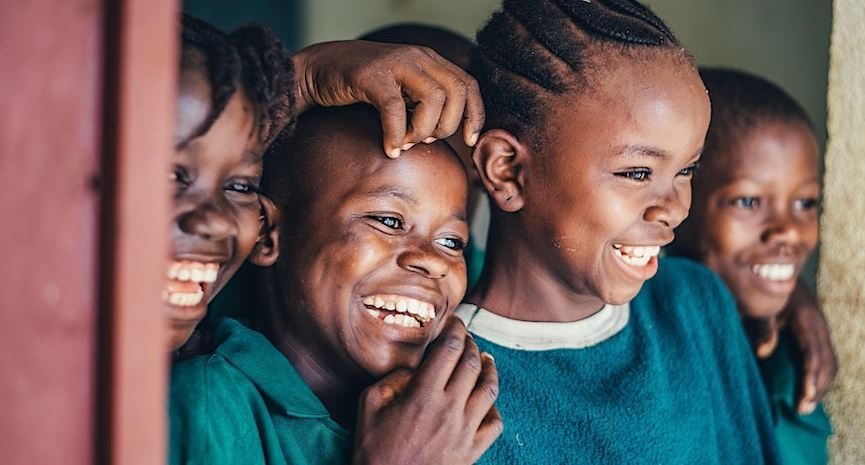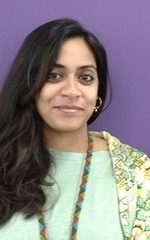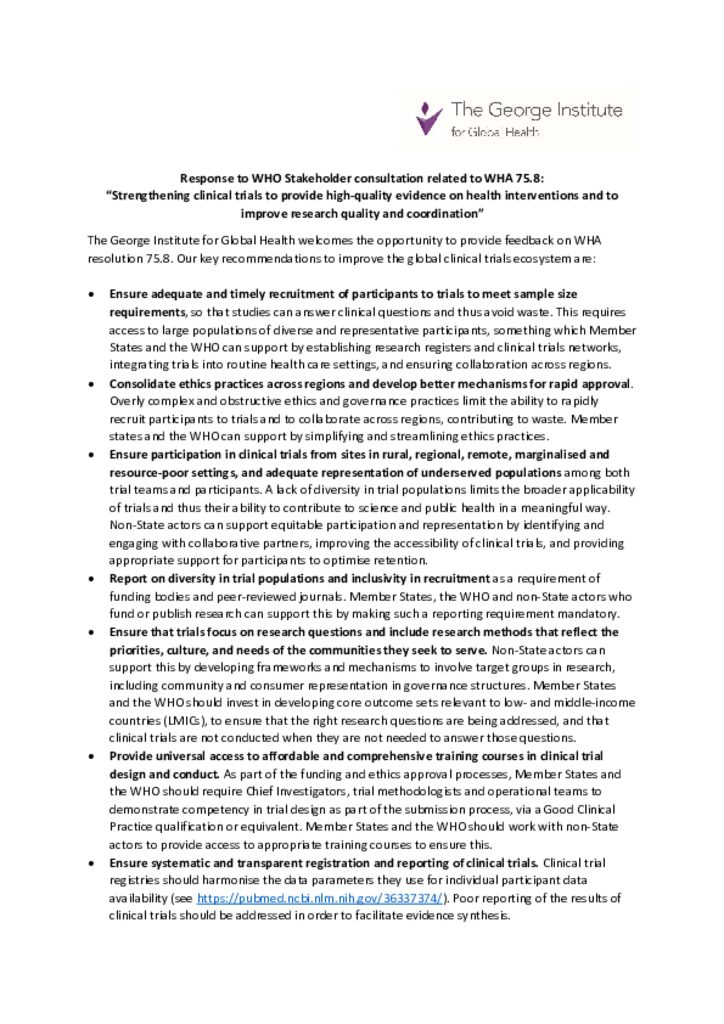We are delighted to announce that Professor Helena Legido-Quigley has been appointed Chair in Health Systems Science at The George Institute for Global Health, UK and the School of Public Health, Imperial College London.
Professor Legido-Quigley will establish a programme of work related to health systems science, focused on tackling the challenges of delivering affordable, acceptable, high-quality health services while also strengthening multi-sectoral action to overcome inequity in diverse health system contexts.
“We have a golden opportunity to reimagine health systems for the future – ones that are equitable, reflecting the diversity of global health needs and voices; ones that are sustainable and resilient to future shocks such as austerity measures and pandemics; and ones that are stronger for their cross-sectoral approach”, said Professor Legido-Quigley.
As Chair, Professor Legido-Quigley will develop and lead health systems science initiatives (including policy, research, economics and implementation science projects) across the Institute’s offices in Australia, China, India and the UK, as well as globally, albeit being primarily based in London, UK. Professor Otavio Berwanger, Executive Director of The George Institute for Global Health, UK said:
“We are confident that Helena is a fantastic fit for this newly-created Chair in Health Systems Science position. We have no doubt that, in partnership with the UK team and Institute colleagues across all our offices, as well as with colleagues at Imperial College London, she will make significant steps to deliver our shared mission of improving the health of millions of people worldwide, including those locally, in North-West London.”
Professor Legido-Quigley joins us with an Associate Professorship in Health Systems at Saw Swee Hock School of Public Health, National University of Singapore. Helena is an Associate Fellow of Chatham House, a member of the Council of the World Economic Forum and is editor-in-chief of Elsevier’s Journal of Migration and Health. She is also a member of Women in Global Health, Spain, a role reflective of her commitment to redistributing power in global health, and of her broader emphasis on championing the next generation of global health researchers through mentorship and teaching.
“Helena’s appointment will expand the Institute’s work on health systems science. She is at the forefront of global discourse on fostering resilient health systems in the wake of the COVID-19 pandemic. Helena brings together research on health services, health security, and multi-sectoral action on health - all with an underlying focus on equity. Her long-standing partnerships with policy, research, and civil society collaborators in many settings will amplify the quality and impact of our work,” said Professor David Peiris, Acting Chief Scientist at The George Institute for Global Health.
Working in partnership with governments, providers and communities, Professor Legido-Quigley and colleagues will generate evidence and solutions around disruptive health care delivery systems through innovative workforce models, digital technology and financial reform, and will define strategies to reduce fragmentation in health care systems to better coordinate care.
Professor Deborah Ashby, Director of the School of Public Health, Imperial College London, said:
“We are delighted with Professor Legido-Quigley’s appointment. Her outstanding international standing for innovative research combining policy and implementation efforts will enrich the health systems research being carried out across the School of Public Health and College-wide, including with our partner NHS Trusts. We look forward to working closely together.”
For updates on our health systems work, follow us on Twitter.















